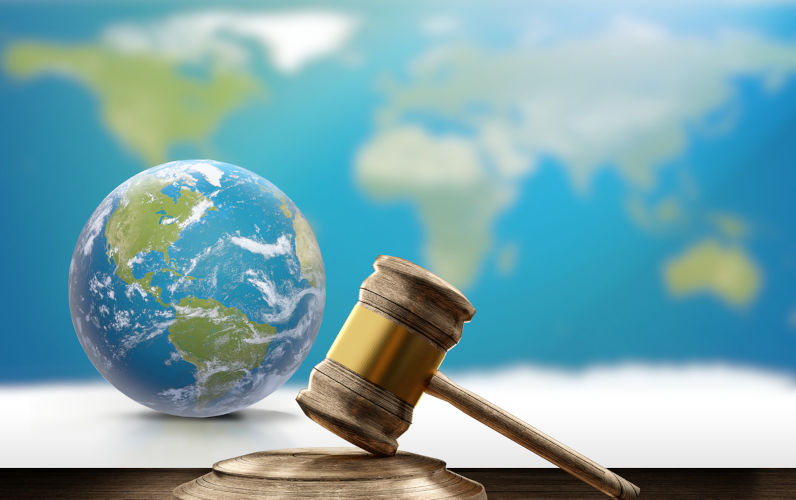Why isn’t the UN doing more than talking about Gaza?
May 23, 2025
You’re not the only one wondering why the United Nations keeps releasing statements while people in Gaza — and other conflict zones — are being killed, starved or displaced. It’s easy to feel like all the UN does is express concern, make speeches and hold meetings….but shouldn’t it be doing something tangible by now?
The truth? The UN has tools. It has principles. It even has legal backing from its own courts, but it also has an enormous problem — it’s being held back by power and politics — and until that changes, its hands will keep being tied.
Let’s break it down.
What can the UN do?
The UN has a principle called the Responsibility to Protect (R2P). It means countries must protect their populations from genocide, war crimes and crimes against humanity – and, if they can’t or won’t, then the international community should step in.
The UN also has the International Court of Justice and the International Criminal Court. Both have made clear that the situation in Gaza could amount to genocide. Arrest warrants have been requested. Orders have been made.
So yes – there are mechanisms. They’re just not being used fully. Why?
What’s stopping it?
- The Security Council
This is the small group of 15 countries that can authorise real action – like sanctions or peacekeeping missions. Five of them are permanent members and they can veto anything they don’t like. The US is one of them. So are Russia and China.
So when it comes to Gaza, where the US is a key ally of Israel, it just takes one veto to block any intervention, even if the rest of the world supports it.
- Funding and influence
America is also the biggest financial contributor to the UN. That gives it influence – quietly or otherwise. If the UN pushes too hard, it risks losing the support and funding it needs to keep running basic programs like food aid, refugee services and peacekeeping missions.
It’s a bit like relying on your landlord for rent – and then trying to report them for abuse. There’s a built-in conflict of interest.
- No enforcement power
Even when the ICJ or ICC makes a ruling, they can’t enforce it. There’s no UN army. Arrest warrants depend on member states to act – and most are too afraid, too cautious, or too politically compromised to follow through.
So what can the UN do right now?
This might surprise you - the UN still has options:
- The General Assembly (which includes all UN member states) can use something called the “Uniting for Peace_"_ resolution to get around the Security Council. It’s not legally binding, but it does carry political weight – and could build international pressure to act.
- Member countries can form independent coalitions to intervene or investigate, even without Security Council approval. It’s risky, but it’s been done before – like in Kosovo.
- The UN could also do more to listen to countries with experience – places like Palestine, Sudan, Yemen and others which rarely get a real say in international decisions. Why are they never permanent members of the Security Council? Why do the same few countries hold power decade after decade?
Where do we go from here?
The UN needs more than just reform. It needs courage. It needs to stop protecting the powerful at the expense of the vulnerable. It needs to ask, who is this system really serving?
Maybe it’s time to rethink who gets a seat at the table. Maybe the countries living through war and displacement should have more say than those funding arms or blocking action?
The world doesn’t need more statements right now. It needs action – fair, bold and unfiltered by politics.
Because if we let the rules only apply to the powerless, then what’s the point of having them at all?
The views expressed in this article may or may not reflect those of Pearls and Irritations.

